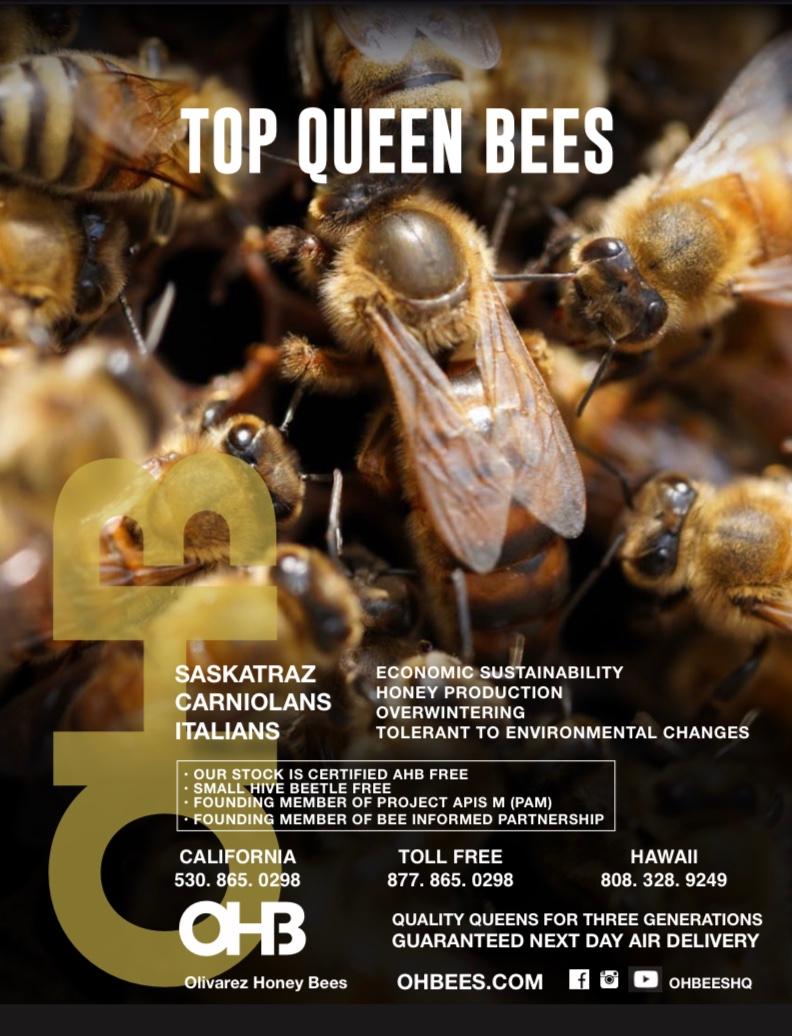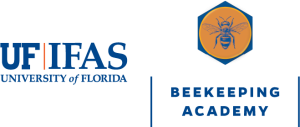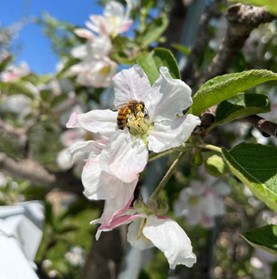Why Vegans Avoid Honey & Other Important Facts About Nature’s Pollinators
By: Sally Ho
Bees are a key player in the human food ecosystem. Depending on which numbers you believe, bees pollinate anywhere from a third to over half of all the food we eat. Most people don’t realize that without bees, there’s no food- conventional, organic or otherwise. We need bees more than ever and yet, we employ destructive agriculture practices that harm them including our excessive pesticide use. But it’s more than that.
The average person is aware that vegans don’t consume any product with animal meat, dairy or eggs, though when it comes to the sweet, viscous byproduct of bees – aka honey – many are left puzzled. Why isn’t honey considered vegan? And more importantly, what’s wrong with consuming honey, especially if we need to save the bees?
For many of us, bees evoke nature – a field of flowers, an oozing honeycomb, a warm summer’s day. The truth about commercial beekeeping is unfortunately much darker, and unlike slaughterhouses, the ethical and environmental issues of this exploitative industry haven’t hit mainstream awareness yet. Below we delve into the whole bee truth and nothing but.
What is honey?
Some of the commonly Googled questions include “is honey bee vomit” and “is honey bee poop?”, and the answer to both those questions is no. So first of all, we need to take a look into what honey really is by breaking down how it is made.
Honey bees live in colonies called hives, and they fly away from their hives to forage for pollen, propolis and nectar. The nectar is what is used to make honey, and is extracted from various flowers using the bee’s tongue and is stored in its crop – the “honey stomach”. Bees actually have not one, but two stomachs – one for eating, and another for honey. When its honey stomach is completely full, bees can almost double its weight.
When honey bees fly back to the hive, they begin to secrete enzymes that help to change the acidity and composition of the nectar to make it suitable to keep a long time. Upon its return, the forager bee will regurgitate what’s in its crop, and pass it onto a house bee. This process is called trophallaxis.
House bees then process the nectar internally, chewing it and adding more enzymes into it, which breaks down the complex sugars into simple sugars. After this, it is placed into the cells of beeswax. Over time, bees will dehumidify the nectar by fanning it with their wings, taking the moisture away from the nectar, creating the syrupy and gooey honey that we know.
Why is it not vegan?
Remember that veganism is a lifestyle that seeks to exclude, as much and as far as possible, all kinds of animal and animal-derived foods, clothing or any other product. Vegans also do not believe in exploiting animals for human purposes. While many people know that bees produce honey, it may still be unclear what exact mechanisms involved in producing honey – especially in industrial manufacturing – is not vegan-friendly.
Derived from bees
Firstly, as we discussed in the above section, honey requires bees – a living creature – to make in a process called trophallaxis. Without the enzymes that bees release into the nectar that is sloshed around in their bodies, there wouldn’t be any honey. It is a by-product of bees, and therefore unsuitable for vegans, who exclude all products that are animal or animal-derived.
Honey is survival food for bees
There is a common misconception that honey bees make honey for us. It couldn’t be further from the truth – bees store pollen and honey during their active summer months because it is what they survive on in the winter period when conditions are not suitable for bees to find any flowers to forage from. Simply put, honey is survival food for bees.
Over one year, the average colony of bees consume between 120 to 200 pounds of the honey they make and store in their capped cells.
To read the full article go to:
https://www.greenqueen.com.hk/world-bee-day-why-vegans-avoid-honey-other-important-facts-about-natures-pollinators/
________________________________________________________________________________
FREE….. Because of the significant change in our lives as a result of COVID-19, many of us are working from home as we ‘social distance’ and quarantine ourselves. The USPS is doing the Best that they can, but mail is being delayed because of this disruption they are experiencing as well. This means, as we have heard from many of you, that your hard copy of Bee Culture is not showing up as in the past. We have a Digital version of Bee Culture. We are making this available to you at NO COST until this situation is over. This is how you can access it and read it for FREE online. Go to www.beeculture.com and click on the “Latest Issues” tap at the top of the page.
We thank each of you as we all go through this together. Hang in there.
The Bee Culture Team
________________________________________________________________________________






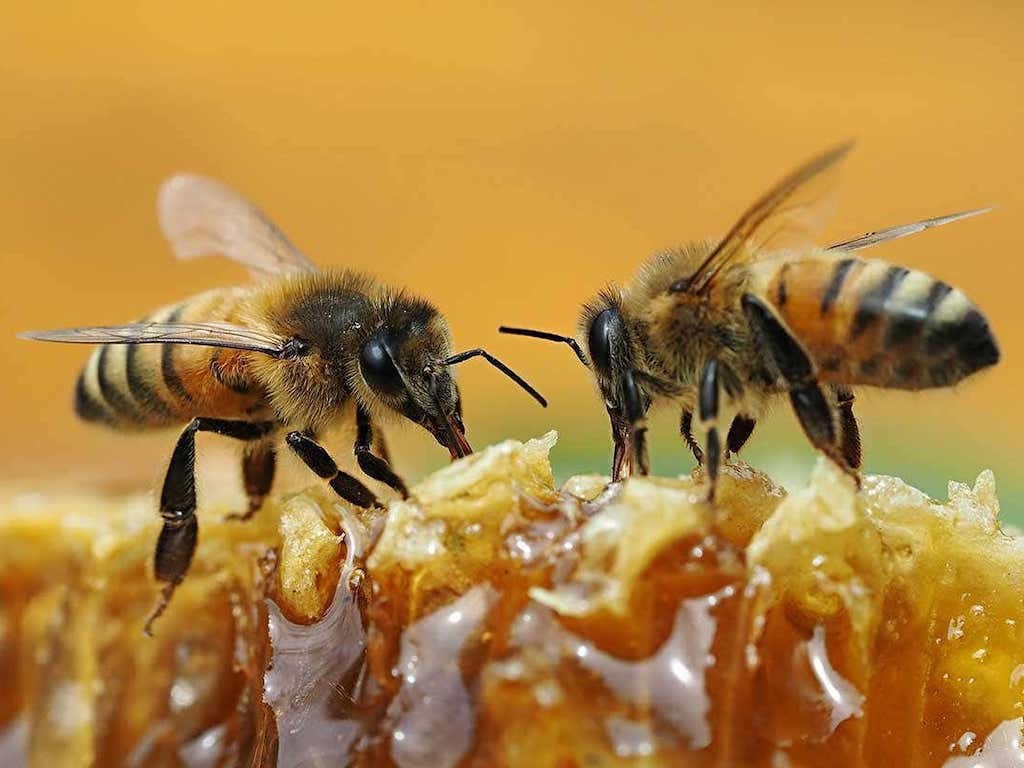
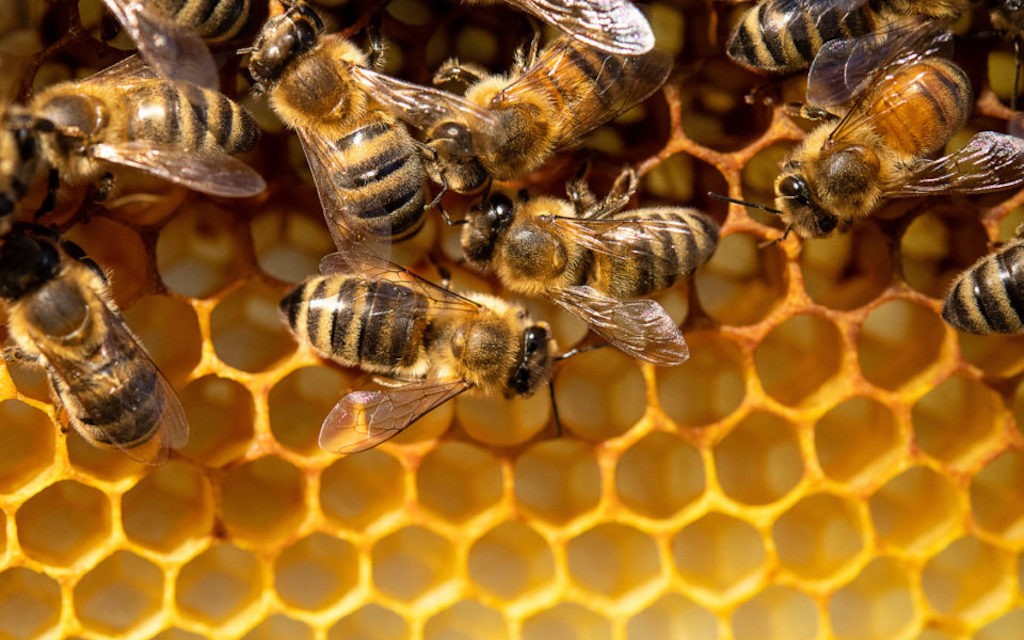 Source: Getty Images
Source: Getty Images